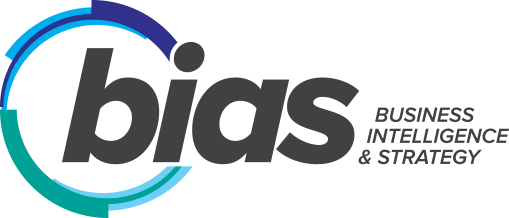There’s no escaping digital transformation. Not that we want to, of course. But it is certainly on the march and becoming more and more a part of our daily lives.
How we live, work, play and learn have all changed. From the way we shop, bank, travel and communicate, digital transformation is just a fingertip away.
And, in the coming years, technology will develop to such a level that it will encompass the roles and activities undertaken by humans.
But however much we have come to rely on machines, and however quickly technology is advancing and developing, they cannot do everything. We still need the human touch.
And it is up to the companies at the forefront of digital change to ensure they have employees with a wide range of skills and experience in the workplace.
Many will fear the rise of the machines, believing automation will put workers out of jobs. But that is far from the case, as there is still an abundance of things technology cannot do and, more importantly, machines and technological progress helps us increase our own capabilities and productivity.
So, what exactly are digital skills? One definition describes it as “the ability to find, evaluate, utilise, share, and create content using information technologies and the Internet.”
Effectively, that includes anything from sending an email, to finding out your score on your favourite app game, to accessing a company’s files on Google Drive.
And how important are these in the workplace? The answer is ‘still very much so’. There is no definitive list about which digital skills you will need, as they are changing all the time. But in this age of digital transformation, the more you have the better.
So here, we’ve compiled the top 10 skills, in no particular order, that we believe will be a must-have for employees as we move into 2018.
1 Big data analytics
The process of examining large sets of data to uncover hidden patterns, unknown correlations, market trends, customer preferences and other useful information can help organisations make more-informed business decisions.
As companies gather vast amounts of data, an analytics expert who can make sense of it all will prove invaluable.
2 Data management and customer relationship management (CRM)
Data management is the practice of organising and maintaining data processes to meet ongoing information lifecycle needs and, with businesses subject to an increasing number of compliance regulations, this is a vitally important role. CRM refers to practices, strategies and technologies that companies use to manage and analyse customer interactions and data throughout the customer lifecycle, with the goal of improving business relationships with customers, assisting in customer retention and driving sales growth. CRM software consolidates that information so business users can access and manage it.
3 Storage systems and management
The amount of digital information stored in the world’s computer systems is growing rapidly every year, so improving data storage and access can help companies reduce costs, enhance the security of their storage solutions, and maximise their storage resources.
4 Data presentation
Employers need people who can organise data so it’s easy to understand. The use of tables, graphs and lists may muddle the overall message, so it’s best if numbers and figures are used only when it’s necessary to back up your argument. Presenting data should focus on how best you can tell your story to your audience in a more meaningful way.
5 Network and information security
Companies who want to deliver the services that customers and employees demand must protect its network. And, as the Internet of Things develops, security is becoming more important. Protecting the usability and integrity of a network and data is more prevalent than ever before. Network security technologies target a variety of threats and attacks, and stops them from entering and spreading on a network, ultimately protecting a company’s reputation.
6 Statistical analysis and data mining
As we’ve mentioned, the sheer amount of data is forever on the increase, so employers increasingly need people to find and make sense of that data, to collect, exploring and present large amounts of data to discover underlying patterns and trends.
7 Cloud and distributed computing
This is the application of cloud computing technologies to interconnect data and applications served from multiple geographic locations. It requires people who can develop and maintain these networks.
8 Digital creative tools and content creation
Employers will look for people skilled at creating images, video, infographics and animations, for example. It’s a well-worn phrase, but content is still king, and the more dazzling, informative and engaging the content, the better.
9 Website design and lead generation
A good-looking website is all well and good, but the leads are only as good as the website that produces them. Crucially, it is up to employees to know exactly what a customer wants from their website, and then putting that into practice. Staying on top of all the latest strategies that will optimise a website is key.
10 Mobile development
With mobile devices playing such a huge role in our daily lives, the demand for apps is ever-increasing, not just for phones, but also for tablets and smart watches and all other kinds of wearable device which run a mobile operating system.
If you would like to talk to the team about anything in this article, fill in your details below and we will be in touch shortly:







